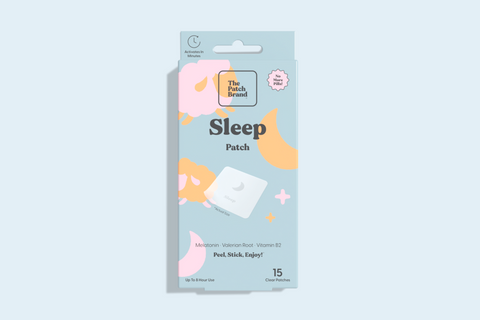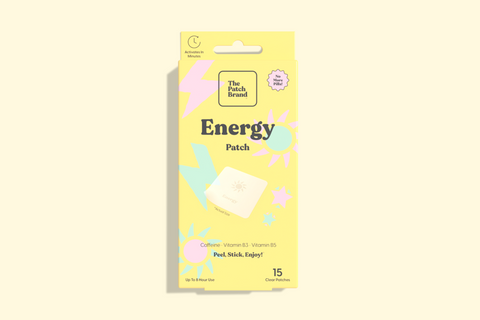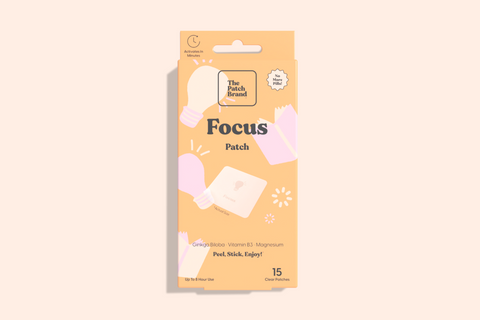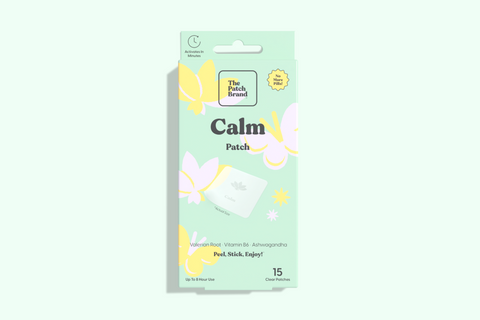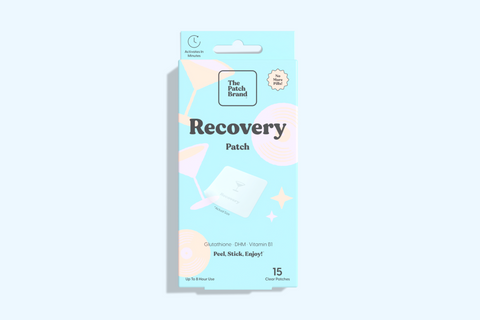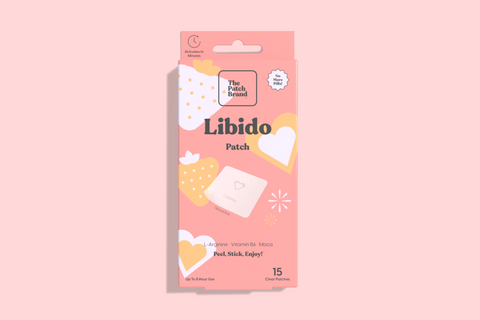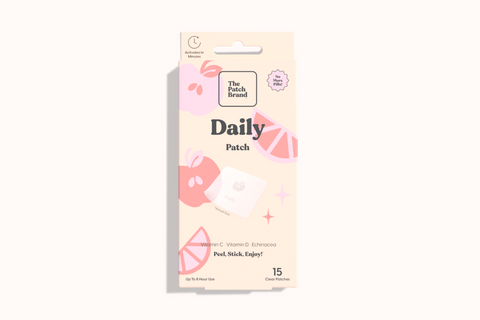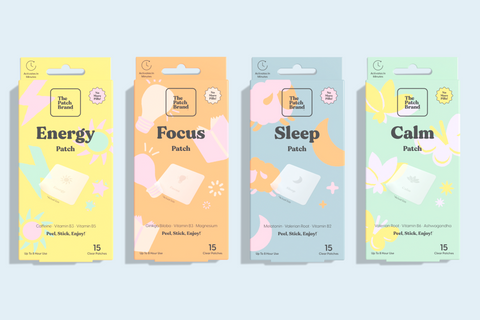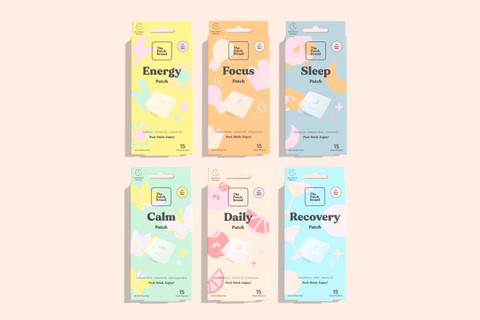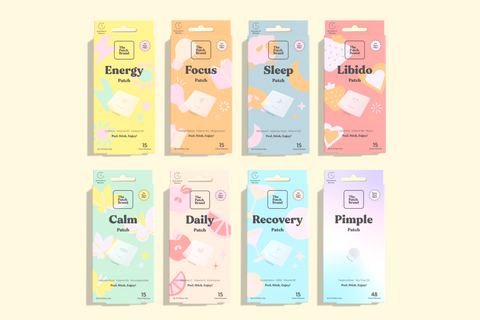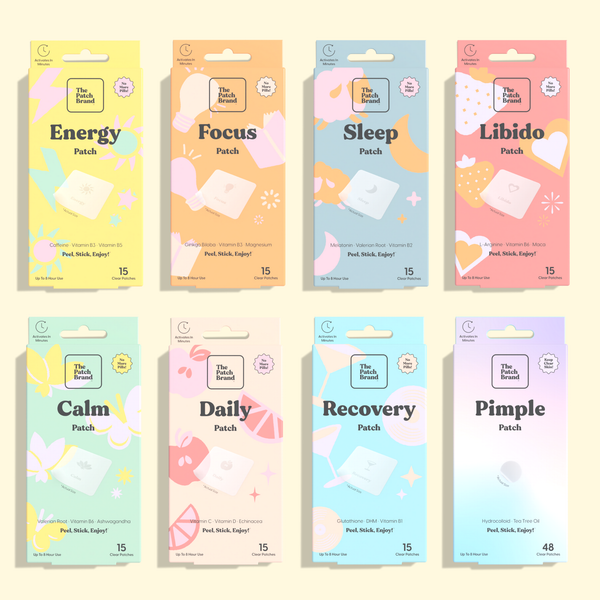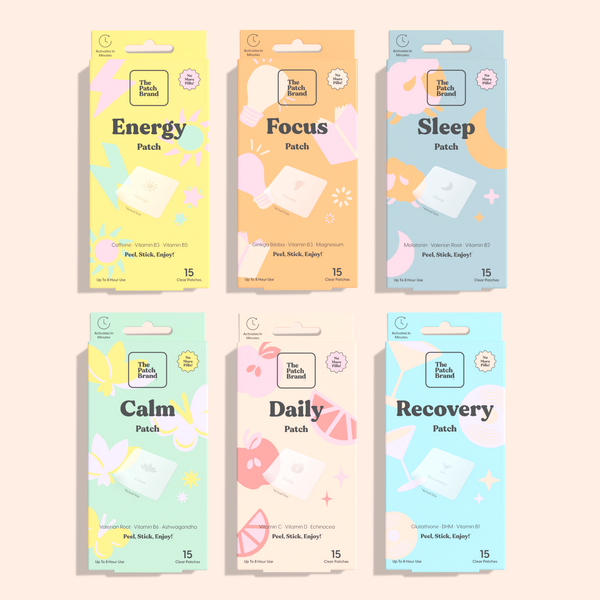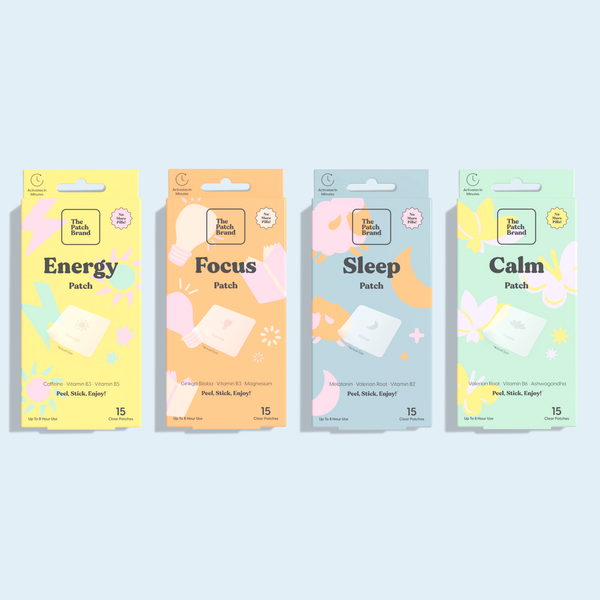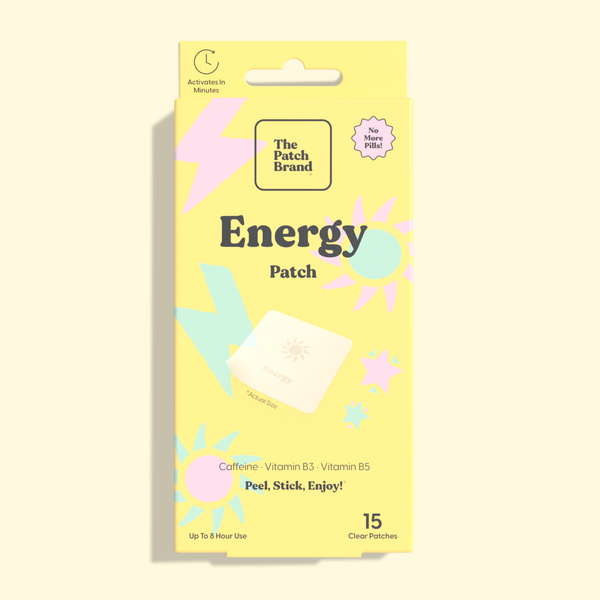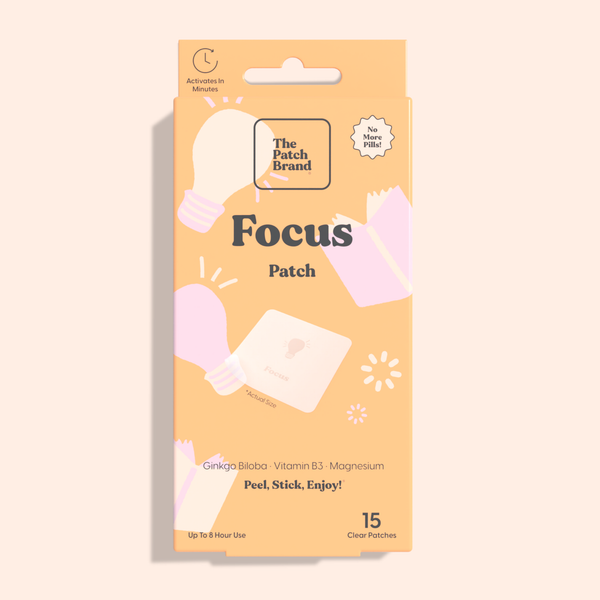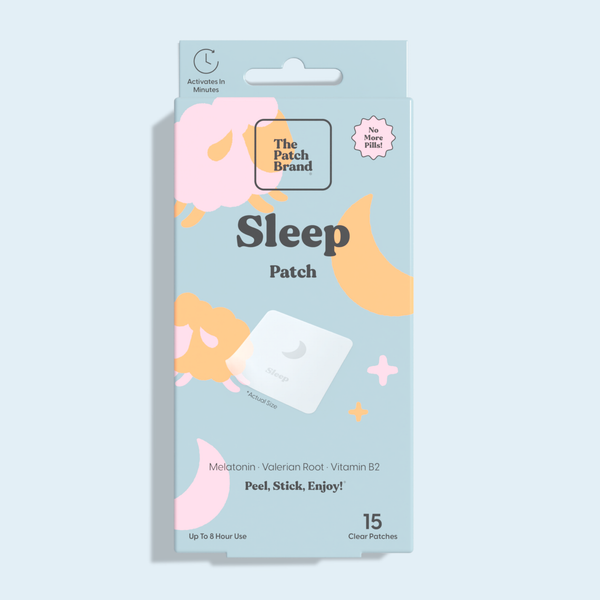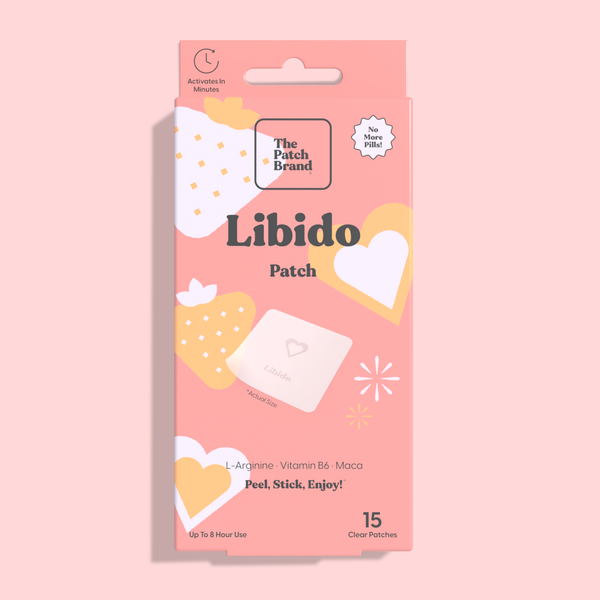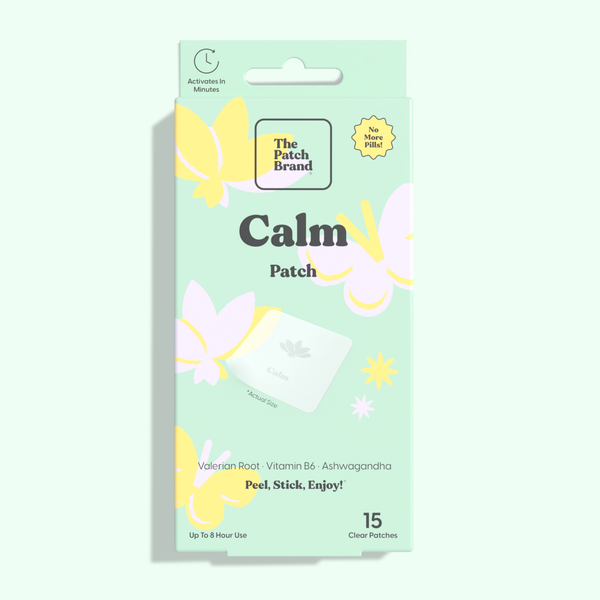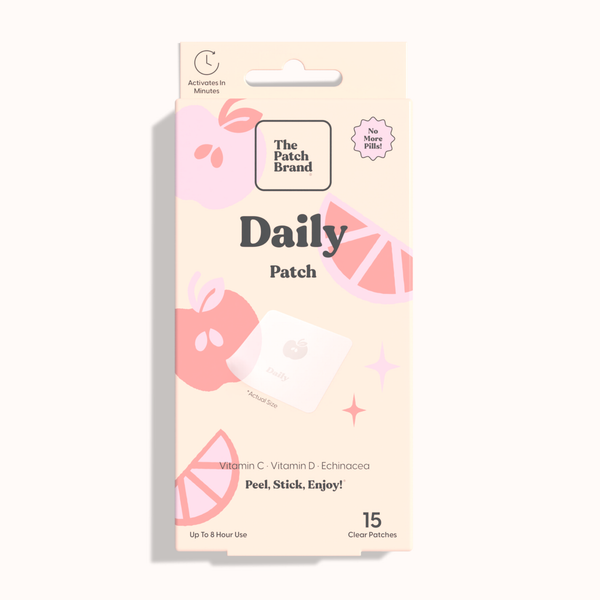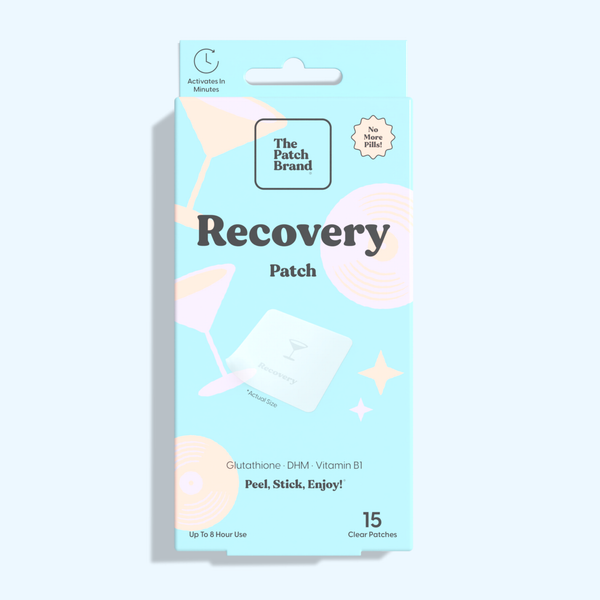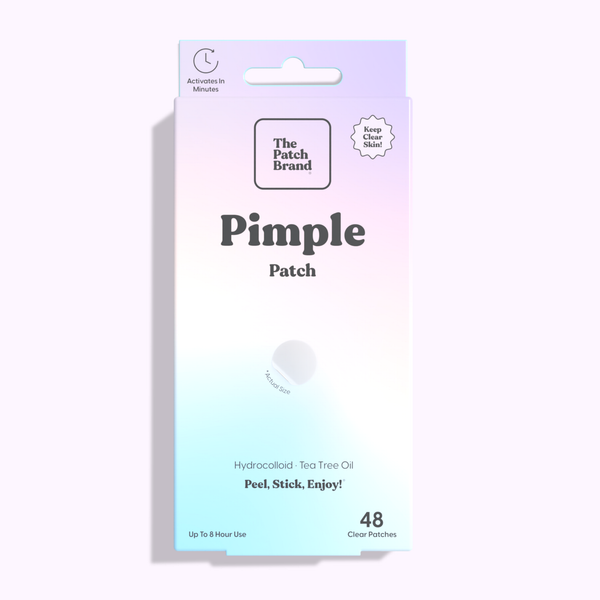Stress has become an inevitable part of our lives, with the hustle and bustle of daily routines leaving many people feeling overwhelmed and anxious. Fortunately, there are several ways to manage stress, and one of the most popular tools is the stress relief patch. In this article, we will explore the science behind stress patches, their ingredients, and their benefits.
What Are Stress Patches?
Stress patches are an innovative form of transdermal therapy designed specifically to alleviate stress and anxiety through the controlled release of active ingredients directly into the bloodstream. These patches are applied to the skin, where they steadily release their medicinal components over time, allowing for a continuous and consistent therapeutic effect. This method of delivery is particularly advantageous as it avoids the gastrointestinal tract, thereby preventing the potential breakdown of active ingredients that occurs with oral ingestion. The design of stress patches focuses on maximizing contact with the skin to ensure efficient transfer of the active substances, making them a discreet and user-friendly option for managing emotional well-being. Once absorbed through the skin, the compounds travel through the circulatory system to the brain, where they modulate the activity of neurotransmitters—the brain's chemical messengers. Additionally, some ingredients might target the adrenal system to modulate cortisol levels, further aiding in stress management.
The market offers a
diverse range of stress patches, each formulated to address specific aspects of stress and mental health. For example, some patches contain a blend of calming herbs like lavender and chamomile, which are particularly suited for promoting relaxation and aiding sleep. Others might include invigorating ingredients such as vitamin B12 or caffeine, geared towards boosting energy and improving focus, especially useful for those facing fatigue associated with chronic stress. This tailored approach allows individuals to choose a product that best meets their particular needs, whether they are looking to unwind after a long day or need support in maintaining mental clarity.
Ingredients In Stress Patches
Essential Oils
Essential oils, which are concentrated extracts from plants, have been utilized for centuries due to their ability to promote relaxation and alleviate stress. These oils capture the plants' scents and flavors, or "essences," through distillation or mechanical methods such as cold pressing. When used in stress patches, these oils provide a natural and non-invasive method to manage stress.
Popular choices include lavender, known for its soothing effects on the nervous system; chamomile, which reduces symptoms of stress and anxiety; and bergamot, which can elevate mood and alleviate symptoms of depression. These oils work by stimulating the olfactory system, the part of the brain connected to smell, which then sends signals to other areas of the brain that regulate emotions. Thus, when
applied via stress patches, essential oils help create a calming atmosphere and reduce psychological stress, contributing to overall relaxation.
Adaptogens
Adaptogens are a select group of herbs and roots that support the body’s natural ability to handle stress by regulating hormonal responses. They work by balancing the secretion of stress hormones from the adrenal glands, helping the body to maintain optimal homeostasis. Adaptogens such as ashwagandha, Rhodiola, and holy basil are frequently included in the formulation of stress patches. Ashwagandha is known for its ability to reduce cortisol levels, enhance energy, and improve concentration. Rhodiola contributes by boosting the body’s resistance to stress, reducing symptoms of fatigue, and improving mental performance. Holy basil, also known as Tulsi, increases the body's ability to efficiently use oxygen, which enhances stamina and endurance. When embedded in stress patches, these adaptogens provide a steady, absorption-through-skin mechanism that supports the sustained release of their benefits, enhancing the body's resilience and overall well-being throughout the day.
Herbs
Herbs have long been a cornerstone of traditional medicine, valued for their natural healing properties. In our modern world, these herbs are still highly relevant, especially for managing stress and anxiety. They are frequently used in stress patches, which provide a non-invasive, gradual release of herbal extracts through the skin. This method ensures prolonged exposure to their therapeutic effects, offering a natural way to achieve calm and relaxation. Here’s a look at some of the most effective herbs used in these patches:
-
Passionflower - Passionflower is celebrated for its ability to increase levels of gamma-aminobutyric acid (GABA) in the brain, a neurotransmitter that lowers brain activity and promotes relaxation. This action helps to reduce symptoms of anxiety and improve sleep quality, making it particularly beneficial for those suffering from insomnia or stress-induced agitation. By enhancing GABA levels, passionflower helps to calm the mind and reduce neurological activity, allowing for a more peaceful state of being.
-
Valerian Root - Valerian root is widely acknowledged for its sedative qualities and its ability to improve sleep quality. It works by diminishing the time it takes to fall asleep and enhancing the depth of sleep, making it ideal for those who struggle with sleeplessness related to anxiety or stress. Its active compounds interact with GABA receptors, similar to passionflower, but are particularly effective in fostering a restful night’s sleep, thereby improving overall well-being and mood during wakeful hours.
-
Lemon Balm - Lemon balm addresses stress and anxiety by modulating mood and cognitive functions. It has a mild sedative effect that can lessen the intensity of stress reactions and improve symptoms of mild to moderate anxiety disorders. The herb acts on various neurotransmitter systems in the brain, including those involved in the regulation of stress hormones such as cortisol. Regular use of lemon balm, particularly through sustained-release formulations like stress patches, can help maintain a balanced emotional state, enhance clarity of thought, and contribute to a greater sense of calm.
Incorporating these herbs into daily routines through stress patches can provide a steady, natural source of relief that enhances mental health and overall quality of life. By utilizing the sustained release of active compounds, individuals can enjoy the benefits of these traditional remedies in a modern and effective format, supporting a more balanced and relaxed lifestyle.
Benefits Of Using Stress Patches
Promotes Relaxation
Stress patches are particularly effective in promoting a sense of relaxation. These innovative devices work by releasing calming substances transdermally, meaning through the skin, directly into the bloodstream. As these ingredients are absorbed, they begin to alleviate physical symptoms commonly associated with stress, such as muscle tension, headaches, and an elevated heart rate. By directly addressing these physical discomforts, stress patches help to calm the mind, fostering a tranquil mental state that enhances overall well-being and allows individuals to unwind effectively after stressful days.
Improves Mood
These patches are typically infused with ingredients that stimulate the production of neurotransmitters such as serotonin and dopamine, which are crucial for mood regulation. Serotonin is often referred to as the 'feel-good' neurotransmitter, helping to stabilize mood, feelings of well-being, and happiness. Dopamine is linked to the brain's reward system and is essential in regulating motivation and pleasure experiences. By enhancing the levels of these neurotransmitters, stress patches can mitigate the feelings of anxiety and depression that often accompany stressful periods. This biochemical modulation helps individuals maintain a more positive outlook and better emotional resilience, making it easier to navigate daily challenges without succumbing to negative moods.
Enhances Focus
Stress patches are gaining recognition for their potential to enhance cognitive function by mitigating stress, which in turn can significantly improve performance in high-pressure environments such as work or educational settings. By delivering calming substances directly into the bloodstream, these patches help maintain a steady state of relaxation without the peaks and troughs associated with other stress relief methods. This sustained release means that the brain is less preoccupied with stress responses and more focused on cognitive tasks. As a result, individuals may find that they can concentrate for longer periods and with greater intensity, facilitating better performance on complex tasks that require deep focus. This could be especially beneficial in professions that demand continuous attention, such as air traffic control or emergency medical services, where the ability to remain calm and focused can critically impact outcomes.
Moreover, stress patches can be particularly useful in educational environments, where students often face the dual challenges of academic performance and social pressures. The stress of exams and deadlines can compromise their ability to focus and retain information. By using focus-enhancing stress patches, students might experience an improved mental state that supports learning and memory retention. This is because stress negatively affects the hippocampus—the area of the brain involved in forming new memories and retrieving old ones. By alleviating stress, these patches could help preserve the brain's capacity to absorb and process new information, leading to better academic results.
The Science Behind Stress Patches
The effectiveness of stress patches as a stress relief tool is backed by scientific research. Studies have shown that the active ingredients in stress patches interact with the body's natural stress response, reducing the physiological and psychological symptoms of stress. One study published in the Journal of Alternative and Complementary Medicine found that a transdermal patch containing lavender oil reduced the symptoms of generalized anxiety disorder in participants. Another study published in the Journal of Pharmacy and Pharmacology found that a patch containing ashwagandha reduced the levels of the stress hormone cortisol in the blood.
Best Vitamins For Stress Relief
While stress patches can provide significant benefits, they work best when combined with other stress relief tools. One of the most effective ways to support the body's stress response is to ensure that it is getting the right nutrients. Here are some of the best vitamins for stress relief:
-
Vitamin B Complex - This group of vitamins is integral to maintaining optimal body function under stress. The B vitamins, including thiamine (B1), riboflavin (B2), niacin (B3), pantothenic acid (B5), pyridoxine (B6), biotin (B7), folate (B9), and cobalamin (B12), contribute to the body's energy production by converting dietary energy into glucose, supporting and repairing neurons, and playing roles in synthesizing neurotransmitters that regulate mood. Adequate intake of B vitamins can improve stress management by enhancing mood stability and cognitive function.
-
Vitamin D - Often referred to as the "sunshine vitamin" due to its synthesis in the skin following exposure to sunlight, Vitamin D is crucial for more than just bone health. It influences the function of the immune system, mood regulation, and inflammation reduction. A deficiency in vitamin D has been linked to increased levels of stress and anxiety, making its supplementation vital in regions with limited sunlight or in individuals with minimal outdoor exposure.
-
Magnesium - Magnesium, a mineral found abundantly in the body, plays a crucial role in over 300 biochemical reactions. It is particularly important for the health of the nervous system. It acts as a natural calcium blocker, helping our muscle cells relax after contraction. When stressed, our bodies deplete magnesium levels more rapidly, making supplementation beneficial for inducing calmness, aiding in sleep, and managing muscle tension and soreness.
-
Vitamin C - As an essential nutrient and powerful antioxidant, Vitamin C helps protect cells from damage, aids the production of collagen, and improves iron absorption. It's also vital for the synthesis of certain neurotransmitters and stress hormones like cortisol. During times of stress, the body's requirement for Vitamin C increases. Regular intake can help modulate cortisol levels and bolster the immune system, which is often compromised during chronic stress periods.
Incorporating these vitamins into one's diet through foods or supplements can significantly enhance the body's resilience against stress, promoting overall health and well-being. When combined with other
stress-relief practices such as exercise, meditation, or therapy, vitamins can form an integral part of a comprehensive stress management plan, helping individuals maintain both mental and physical health in times of stress.

Stress patches are a convenient and effective way to manage stress and anxiety. They work by delivering natural ingredients to the body through the skin, where they interact with neurotransmitters, hormones, and other chemicals to balance and regulate them. By reducing the physical and psychological symptoms of stress, stress patches can promote relaxation, improve mood, and enhance focus. To get the most out of stress relief vitamin patches, it's important to choose the right patch for your needs, follow the instructions carefully, and use them consistently over time. Combining stress patches with other stress relief tools, such as the best stress vitamins, can provide even greater benefits and help support the body's stress response.



